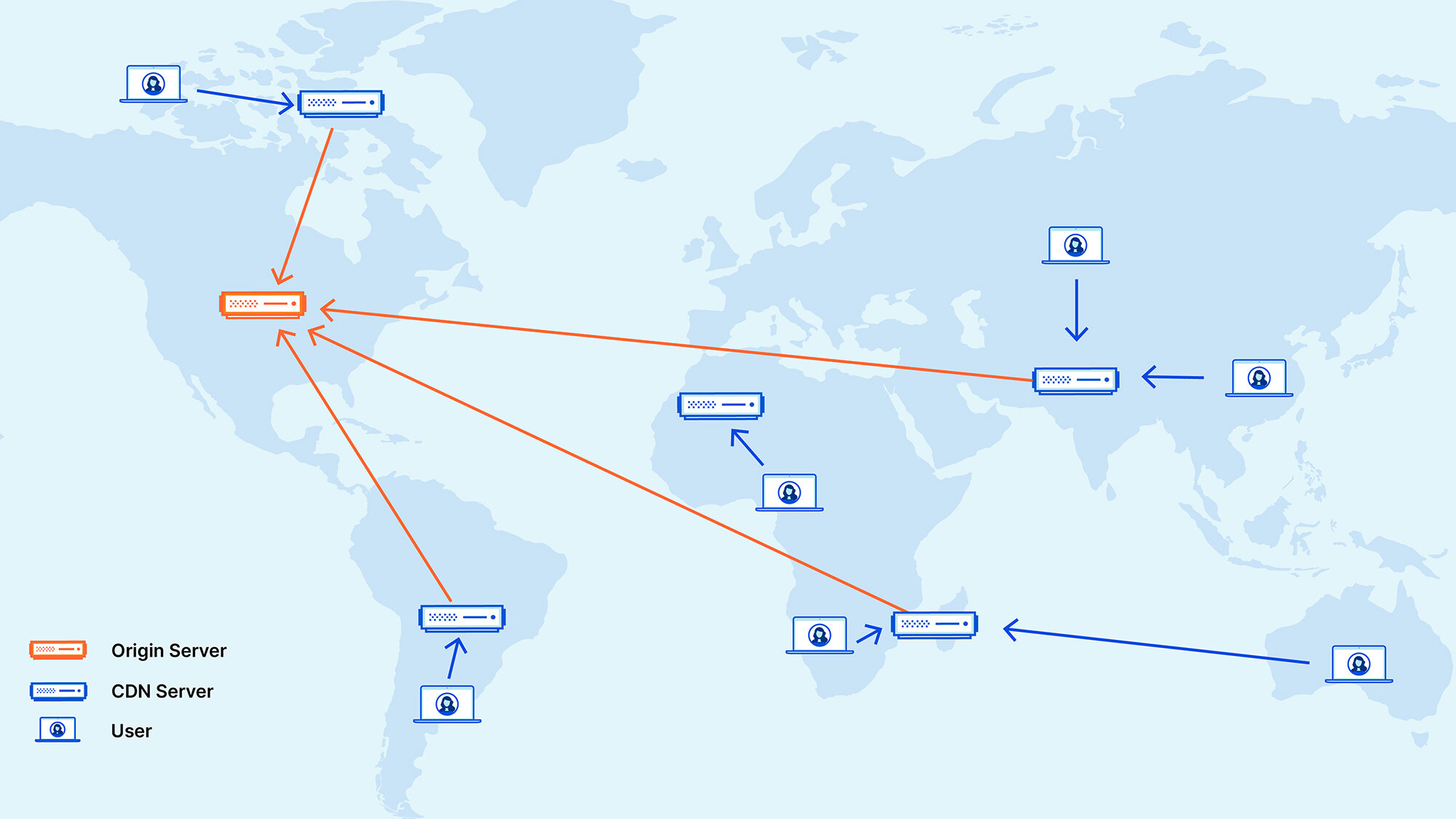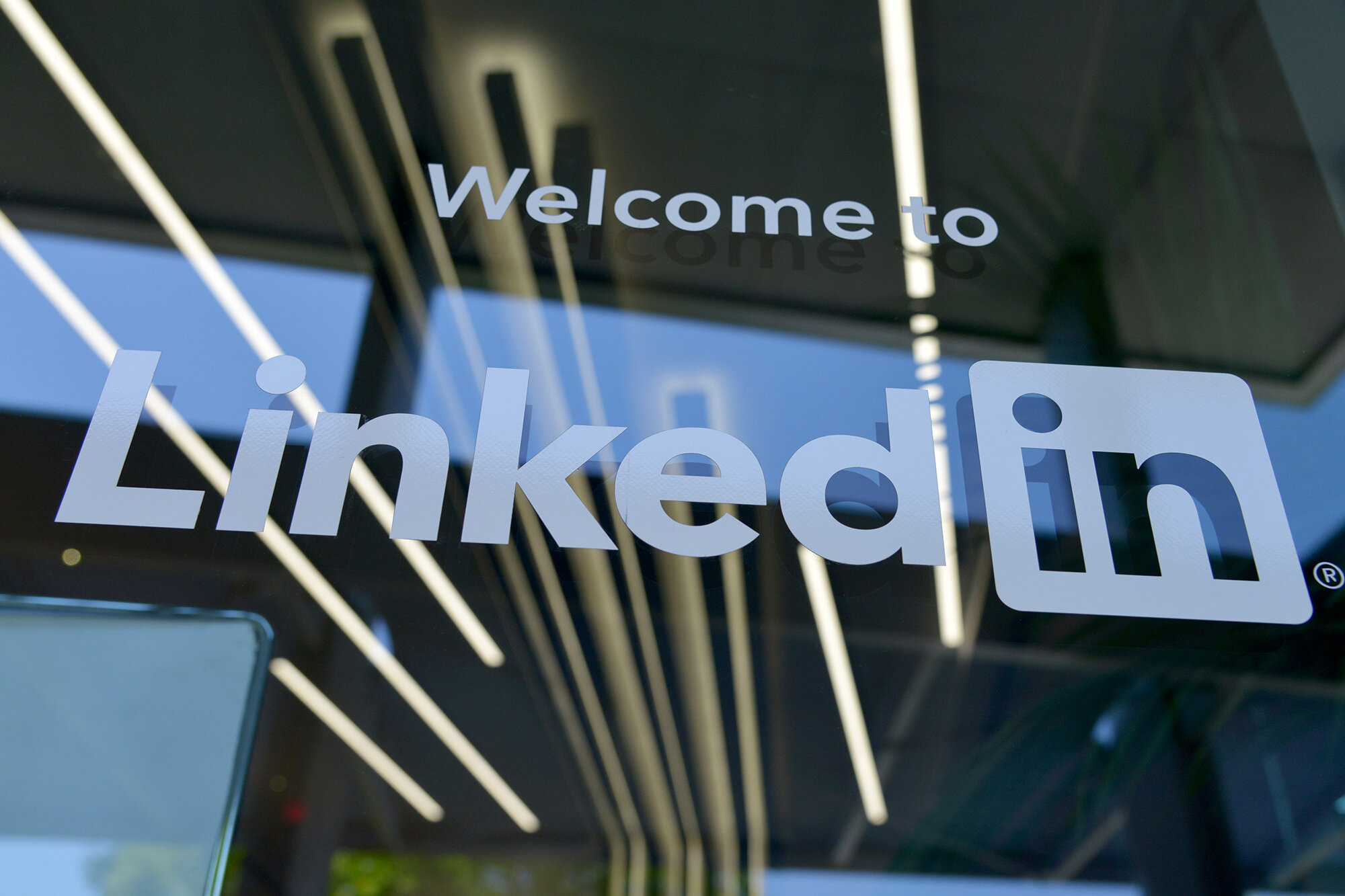In today’s digital landscape, where internet penetration and consumer expectations are on the rise, businesses are constantly looking for ways to deliver content quickly and seamlessly. One solution that has gained popularity is the use of Content Delivery Networks (CDNs).
CDNs are networks of geographically distributed servers that allow for the efficient distribution of content to users with minimal latency. But should you use a CDN for your website? In this article, we will explore the benefits of CDNs and help you decide if it is the right choice for your business.
What is a Content Delivery Network (CDN)?
A CDN is a network of servers strategically placed in different locations around the world. Each server, also known as an edge server, caches and delivers static content such as images, CSS, and JavaScript files. When a user requests content from your website, the CDN serves the content from the server that is geographically closest to the user, reducing the distance the data needs to travel and improving response time.
By using a CDN, you can ensure that your website’s content is delivered quickly and efficiently to users, regardless of their geographical location. This is particularly beneficial for businesses with a global audience, as it allows for a consistent user experience and faster load times.
The benefits of using a CDN
Using a CDN can provide several benefits for your website and business. Let’s explore some:
1. Improved website performance
One of the primary benefits of using a Content Delivery Network is improved website performance. CDNs reduce load times by reducing file sizes, optimising servers, and decreasing the distance between the user and the content. By caching content on servers located closer to the user, CDNs minimise latency and deliver content more quickly. This results in a faster and smoother user experience, leading to increased user satisfaction and engagement.
2. Increased reliability
CDNs help improve the reliability of your website by distributing the load of network traffic across multiple servers. In the event of a server failure or high traffic volume, CDNs can redirect requests to other servers within the network, ensuring that your website remains accessible and responsive. This increased reliability can help prevent downtime and ensure that your website is always available to users.
3. Cost savings
Implementing a CDN can also lead to cost savings for your business. By reducing the load on your origin server, CDNs help decrease bandwidth usage and server costs. With content cached on the CDN servers, there is less need for data to travel back and forth between the origin server and the user, resulting in reduced bandwidth and hosting costs.
4. Enhanced website security
CDNs play a crucial role in website security. They can protect your website from Distributed Denial-of-Service (DDoS) attacks by absorbing and mitigating large volumes of malicious traffic. Content Delivery Networks also offer additional security features such as encryption and web application firewalls, ensuring that your website and user data are protected against cyber threats.
6. Faster page load times
CDNs significantly reduce page load times by serving static content from servers that are geographically closer to the user. This minimises the time it takes for content to travel across the internet and improves the overall user experience. Studies have shown that faster page load times can lead to higher conversion rates, increased user engagement, and improved search engine rankings.
7. Audience segmentation based on user analytics
CDNs collect vast amounts of data on user behaviour, connectivity, and device usage. This data can provide valuable insights that can be used for audience segmentation and personalised content delivery. By analysing user analytics provided by CDNs, businesses can understand their audience better, identify trends, and tailor their content to meet the specific needs and preferences of different user segments. This can lead to improved engagement, increased conversions, and better overall user satisfaction.
Is a CDN Right for Your Business?
After considering the benefits of using a Content Delivery Network, you may be wondering if it is the right choice for your business. While they offer numerous advantages, the decision to implement a CDN should be based on your specific needs and goals. Here are a few factors to consider:
Website traffic and geographic distribution
If your website experiences high traffic volumes or has a global audience, a CDN can significantly improve website performance and user experience. They excel at delivering content quickly and efficiently to users in different geographical locations, reducing latency and ensuring a consistent user experience.
Website performance and load times
If your website suffers from slow load times or performance issues, a Content Delivery Network can help optimise your website and improve its speed. By caching content and serving it from servers closer to the user, CDNs can significantly reduce page load times and enhance overall website performance.
Cost and budget
While CDNs can provide cost savings in terms of bandwidth usage and server costs, there is an associated cost of using a Content Delivery Network. Consider your budget and weigh the potential benefits against the cost of implementing a CDN. Evaluate the pricing models and plans offered by different providers to find the best fit for your business.
Security needs
If your website handles sensitive user data or is at risk of cyber attacks, a CDN can enhance your website’s security. They offer DDoS protection, encryption, and web application firewall features that can help safeguard your website and user data. Evaluate your security needs and determine if a Content Delivery Network can provide the necessary level of protection.
Future growth and scalability
If your business is expected to grow or expand into new markets, a CDN can support your scalability and global reach. Content Delivery Networks are designed to handle high traffic volumes and distribute the load across multiple servers, ensuring that your website remains accessible and responsive as your business grows.
Conclusion
By leveraging the advantages of CDNs, you can provide a fast, reliable, and secure browsing experience for your users, ultimately driving engagement, conversions, and business success.
If you’re ready to optimise your website’s performance and enhance the user experience, consider integrating a CDN into your web infrastructure. At Metal Potato, we specialise in creating high-performing websites that deliver exceptional user experiences.
Contact us today to learn more about our services and the ways in which we can empower your online success.
Let's make a website!
Book a FREE video call to discuss your business, project strategy, and more!
"*" indicates required fields
More from Metal Potato
Can Apple Vision Pro Revolutionise Computing?
Discover the Apple Vision Pro: a mixed-reality headset set to redefine computing, work, entertainment, and education.
How to Choose the Perfect Typography for Your Website
Master the art of web typography... from font selection to readability, create a visually stunning and user-friendly website.
The Power of WordPress for Small Businesses
Build a strong online presence for your small business with WordPress! It's easy to use, SEO-friendly, and very cost-effective.
Celebrating 40 Years of the Apple Mac
Explore 40 years of Mac evolution! Celebrating Apple's iconic computer and its impact on design, technology, and creativity.
Why LinkedIn Should Be Your Top Priority
Maximise career growth with LinkedIn's powerful benefits! Unlock networking opportunities, connect and build your personal brand.
7 Strategies to Build Customer Loyalty
Elevate your brand with proven strategies for customer loyalty. Personalised programs, consistency, and gratitude that resonate.






